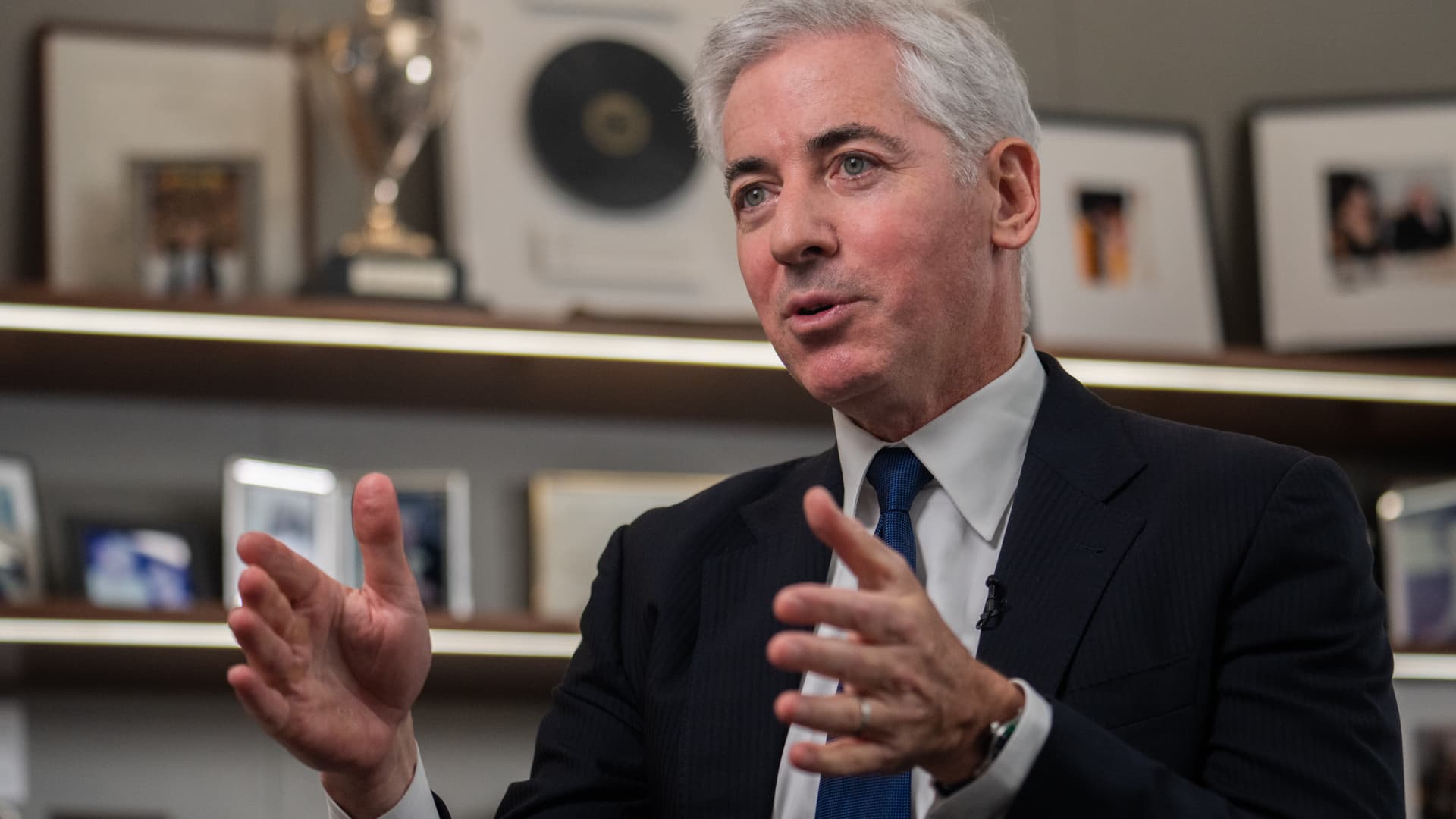Business Titans Bail: Ackman Signals Trump's Eroding Corporate Confidence

Billionaire investor Bill Ackman has issued a stark warning about the potential economic consequences of the Trump administration's aggressive tariff strategies, painting a grim picture of America's economic future. In a provocative statement, Ackman suggested that the current trade policies could trigger what he dramatically describes as an "economic nuclear winter" - a devastating scenario that threatens to undermine the nation's economic stability.
Ackman's critique highlights the potential long-term damage of escalating trade tensions, particularly with major economic powers like China. His metaphorical use of "nuclear winter" underscores the severity of the potential economic fallout, suggesting that the current trade policies could create a prolonged period of economic stagnation and uncertainty.
The hedge fund manager's comments reflect growing concerns among financial experts about the broader implications of protectionist trade measures. By invoking such a powerful and apocalyptic term, Ackman aims to draw attention to what he perceives as a self-destructive approach to international trade relations.
As tensions continue to simmer in the global economic landscape, Ackman's warning serves as a critical reminder of the delicate balance required in international economic policy and the potential consequences of aggressive trade strategies.
